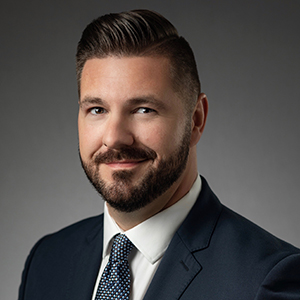Life Coach Education & Career Guide
You May Also Enjoy
Do Life Coaches Need to Be Certified?
Life coaches don’t need to be certified, but a credential can demonstrate your skills and professionalism.

Life coaching is a relatively new profession, and it’s unregulated. That means that licensing and certification aren’t required to enter the profession.
But certifications are available—and they are highly recommended. A credential like certification can show potential clients that you’ve met high standards for training and professional ethics and you’re ready to help them as they take their lives in a new direction.
In This Article
The International Coaching Federation is recognized by the industry as coaching’s leading professional organization, and it offers three credentials to help coaches demonstrate their skills and experience.
A credential can show potential clients that you’ve met high standards for training and professional ethics.
“ICF credential-holders are part of a self-regulating group of elite coaches who complete rigorous education and practice requirements in order to obtain a credential,” says Luke Davis, vice president of ICF coach training. “In business, executive and leadership coaching for corporations, the government, and non-profits, an ICF credential is required or strongly preferred for many engagements,” says Davis.
ICF Credentials
Here are the IFC’s three coaching credentials and general requirements for each.
Associate Certified Coach (ACC)
This is an entry-level certification:
Professional Certified Coach (PCC)
Coaches at this level are generally more experienced and often serve as coach mentors:
Master Certified Coach (MCC)
This credential is for highly experienced coaches:
Earning a Credential
Candidates pursuing an ICF credential submit an application and documents supporting their training, education, and experience. In most cases, candidates will need to take the ICF’s Coach Knowledge Assessment exam to demonstrate their coaching knowledge.
The ICF requires coaches to renew their credentials periodically, usually by taking continuing education classes on coaching.
Specialty Credentials
While the ICF is the dominant organization when it comes to coaching credentials, there are several other organizations that offer credentials if you want to specialize.
The Center for Credentialing and Education (CCE) offers a Board Certified Coach (BCC) credential for professionals in counseling and social or behavioral sciences. These coach practitioners have college degrees; many have graduate degrees.
The CCE also provides board certification in the following coaching specialties:
The National Board for Health & Wellness Coaching (NBHWC) collaborated with the National Board of Medical Examiners (NBME) to offer a board certification examination for National Board Certified Health & Wellness Coaches (NBC-HWC).
The Worldwide Association of Business Coaches (WABC) offers four credentials for business coaches.
Can a Credential Boost Your Salary?
A coaching credential can boost your salary by positioning you as a top-notch professional with strong standards and training.
While a credential can be a strong recommendation for personal life coaches, the deciding factors for many individual clients is a referral from others.
Credentials can be especially important for business, leadership, and executive coaches, says Davis. But he adds that “not everyone who takes coach training classes pursues or needs a credential.”
Davis says many members of the ICF work in a profession outside coaching but have found coaching skills helpful in their daily work. They may want to add a coach program certificate to their resume but not pursue a credential.
While a credential can be a strong recommendation for personal life coaches, the deciding factors for many individual clients are a referral from others and rapport with the coach.

Written and Reported by:
Sheila Mickool
Contributing Writer

With professional insight from:
Luke Davis
Vice President of ICF coach training programs
